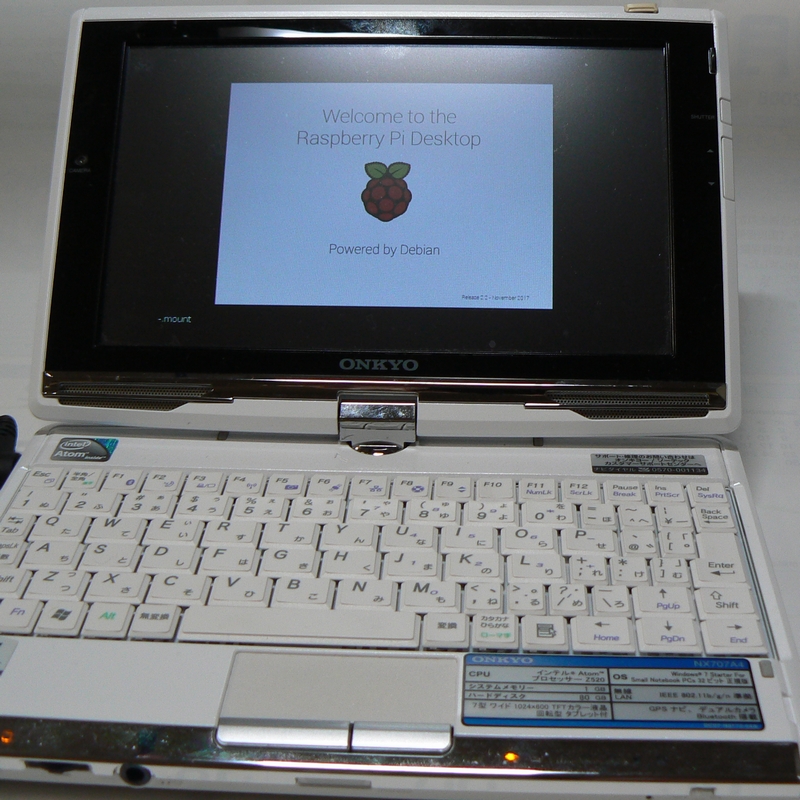

On my system the relevant block devices are Mount all the partitions from the card at convenient Root, or prefixed with sudo as appropriate. We're going to create a bare-bones Debian system in theĭebian/Ubuntu/etc. Partition /dev/sda3 for Debian: Bootstrap the Debian system On my laptop, but the device name might well be differentĪnd here's the end result after shrinking the Raspbianįilesystem in /dev/sda2 and adding a new ext4 Looks to begin with (SD cards show up as /dev/sda We're going to shrink the Raspbian filesystemĭown, and then add a third partition for Debian. Second one is the main ext4 filesystem for the Raspbian boot partition with a FAT filesystem, and the Partitions on the card: The first one is a small Installing Raspbian will have resulted in two Raspberry Pi and move the micro SD card back to another With the 64-bit kernel in place, power down the Instructions to install and reboot into the 64-bit Put the card into the Raspberry Pi, and do the initialīoot and setup as normal. Installed the “Raspbian Buster with Desktop”Įdition, but Lite would probably work too. Normal process to install Raspbian onto the card. I used a 64GB card, but 16GB should be enough. On a single card, so you'll need one with enough space for We're going to install Raspbian and Debian side by side Bootstrap Debian into it by running debootstrapĭetailed installation process Install Raspbian onto a micro SD card.Add a new partition to the SD card for Debian.Update it with the 64-bit kernel made available for testing by the Raspberry Pi.the 64-bit instruction set of ARMv8)Īnd it's not that hard to bootstrap a Debian system from Debian has good support for the arm64Īrchitecture (i.e. Pi Foundation has made a 64-bit kernel available for Some work has been done to add Raspberry Pi support toĭebian, I haven't seen anyone claiming to have it working Various 64-bit Linuxĭistributions have been shown running on the Raspberry Pi,īut I wanted to stick to Debian which I know well. I recently got a Raspberry Pi 4, and I'd like to use itįor 64-bit ARM development. Pis, remains 32-bit-only to maximise compatibility across But Raspbian, theĭebian-derived official operating system for Raspberry The CPU in the Raspberry Pi 3 and 4 implements theĦ4-bit ARMv8 architecture.


 0 kommentar(er)
0 kommentar(er)
